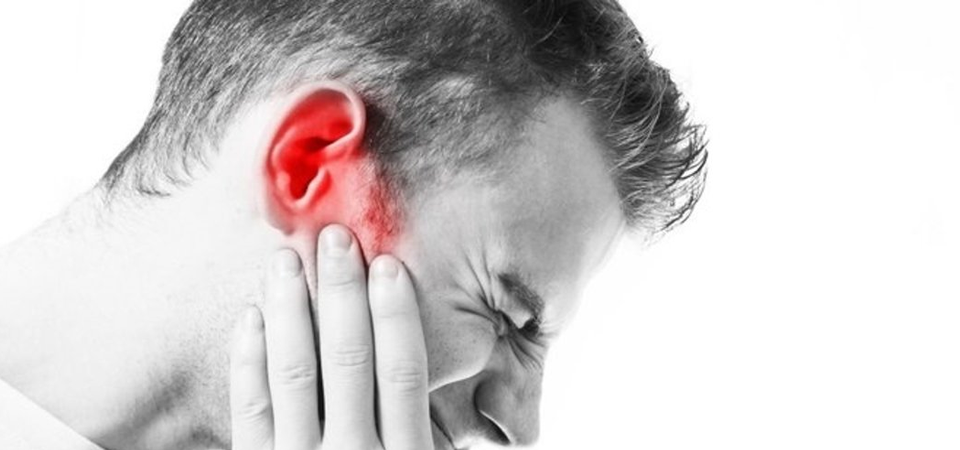
Myth Busted: Salt Water Doesn’t Always Kill Germs!
-
The belief that “salt water kills bacteria” is not always true.
-
Seawater has a pH between 6.0 and 8.5, while the natural earwax (cerumen) has a pH between 4 and 5.
-
This pH difference can disturb the ear canal’s natural defense, making it easier for infections to develop.
-
Especially on polluted beaches, seawater can become a source of infection.
Don’t Trust Dirty Pools: Chlorine Is Not Enough
-
Even chlorinated pools can pose a serious risk if they are not properly cleaned or if water circulation is poor.
-
Not following pool hygiene rules, wind-blown pollutants, and poor personal hygiene of swimmers increase infection risks.
Earwax Can Ruin Your Vacation
-
Dr. Kahraman advises a check-up before going on holiday.
-
If there is earwax (cerumen) in the ear, contact with water may cause it to swell, leading to pain and hearing loss.
Pool Pranks Can Perforate the Eardrum
-
Sudden head submersion or rough play in the water can cause barotrauma (pressure injury), possibly perforating the eardrum.
-
Sudden drops into the water or forceful submersion can lead to serious ear injuries.
Increased Risk in Certain People
-
People who regularly clean their ears with objects or have skin conditions (eczema, psoriasis) are at higher risk of outer ear infections.
-
Scratching or damaging the skin in the ear canal lowers its natural barrier.
Affects All Ages: Outer Ear Infections Rise in Summer
-
Outer ear infections can occur in all age groups but are especially common in children with narrow ear canals and in frequent swimmers.
-
Symptoms include pain, itching, blockage, or discharge.
Diagnosis and Treatment
-
Diagnosis is done using an otoscope or endoscope.
-
Treatment depends on severity and may include ear drops, acidic solutions, medicated ear wicks, or oral antibiotics.
-
Not all ear blockages are caused by wax—swelling due to fluid retention can cause similar symptoms.
Dr. Kahraman’s 7 Golden Tips for Healthy Ears:
-
Avoid swimming in dirty water.
-
Don’t let hair sprays or chemicals enter your ears.
-
After swimming, dry only the outer ear with a soft towel.
-
You can use a hairdryer on a low setting from 30 cm away.
-
Use earplugs if you have a perforated eardrum.
-
Consult a doctor if you've had ear infections or surgery.
-
If you have an outer ear infection, keep ears dry and use ear sprays.

